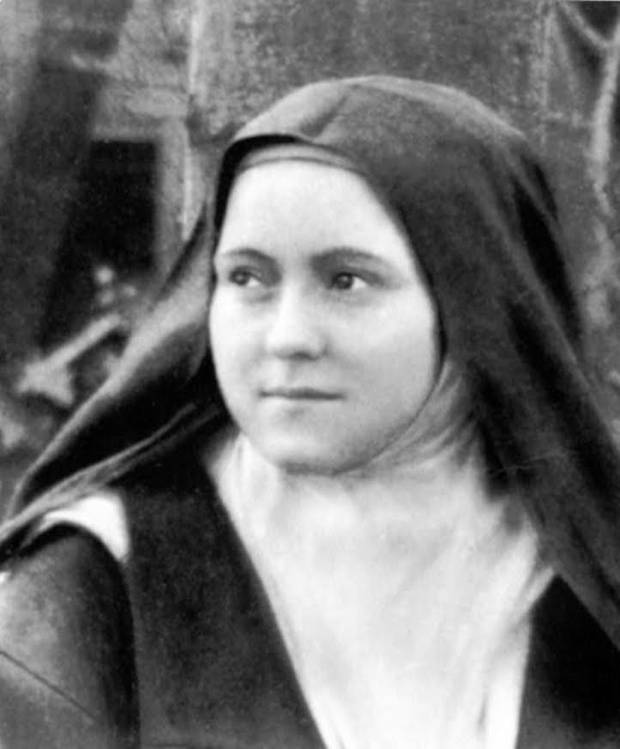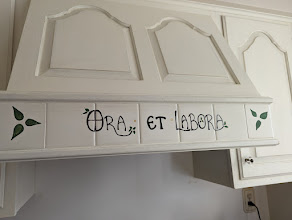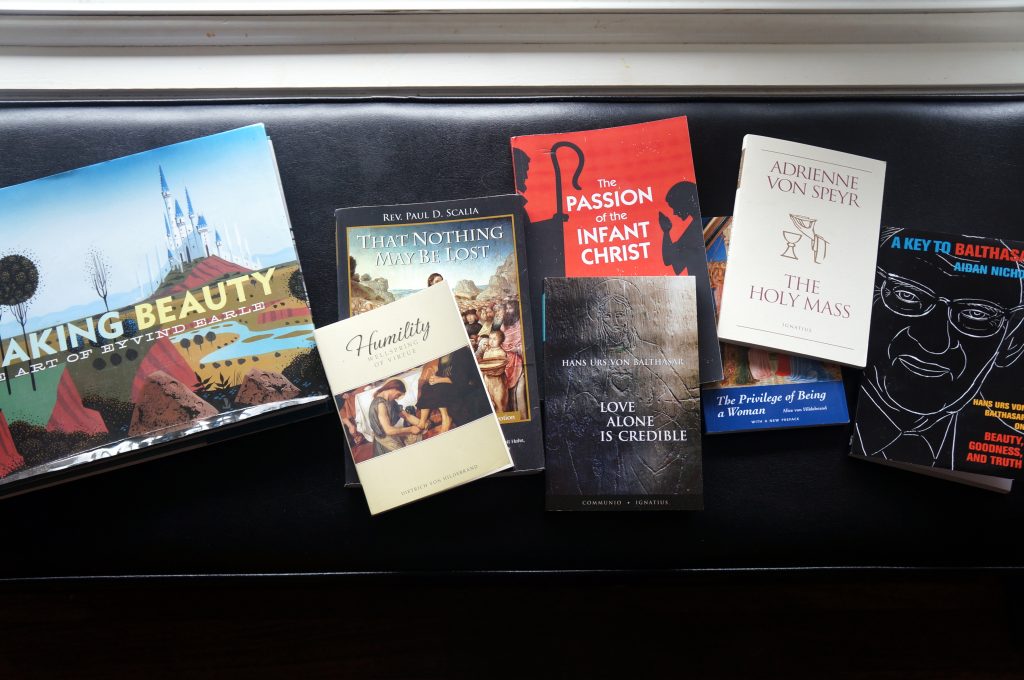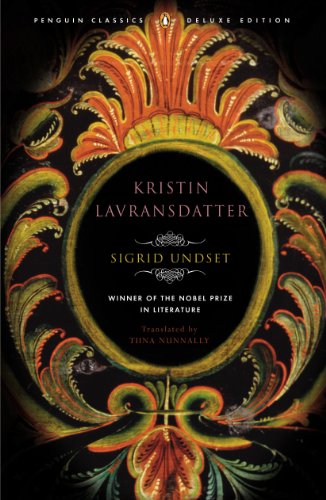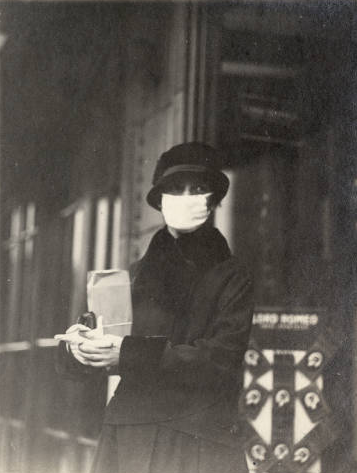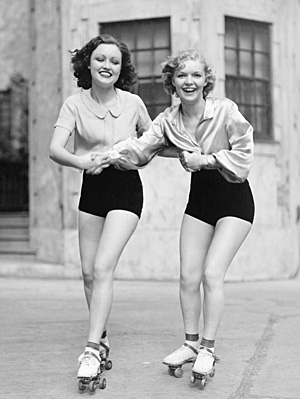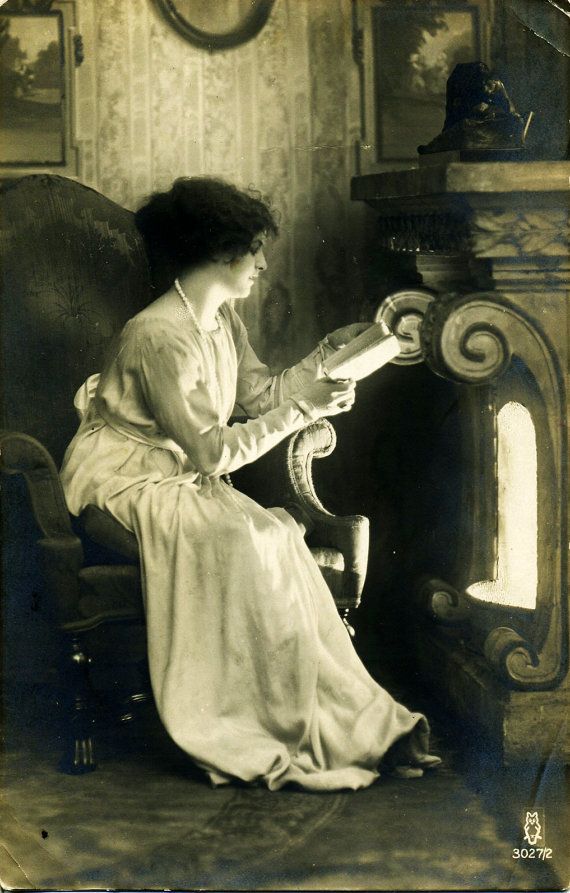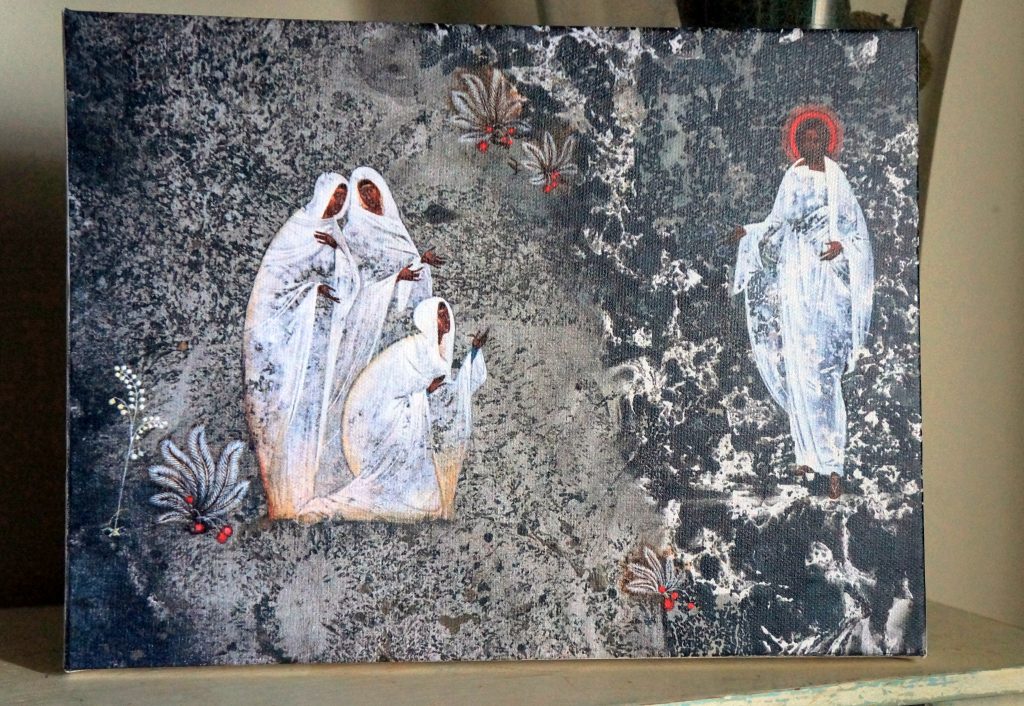Usually, St. Nicholas’s feast day is a big deal in our home. Usually, we open stockings before breakfast. Usually, these stockings have the traditional chocolate coins, clementines, maybe a small gift or two, and a striped candy cane. Usually, we feast on a supper of Greek roast, mashed potatoes, and broiled vegetables. Usually, we enjoy delicious gingerbread for dessert. Usually, we read The Miracle of St. Nicholas, and I do the voices. Usually, it’s magical.
But this year was different.
This year, for the first time, I have three teenagers in away-school, as opposed to home-school. Sure, they come home every night, but they’re tired and people-saturated, and after a quick debriefing, they retreat and complete homework. They’re also in band and theater and board game club and sports and they have a peer group that appropriately takes up a lot of their social energy. AND they have to GO TO SCHOOL on the feast of St. Nicholas.
With younger children still at home– and it’s already been hard for them to adjust to a quieter house with their siblings away– I refused to let these Advent feasts pass by. We had a family meeting, we rearranged expectations, we set the date for our St. Nicholas celebration this weekend. I shall not be moved! Family feasting shall prevail!
But… (sigh)
I forgot that three of my children were going to birthday parties, and one had closing night of the high school play which was followed by a cast party, and inevitably, we ate Greek roast and gingerbread in shifts. Lame.
But… (sigh)
I asked for this. My teenagers were depressed a year ago, desperately wanting more of a community, hungry for peer affirmation, bored with home-schooling. And around this time last year, I started pleading with God to do something: make me ready to do whatever I need to do to help them through these difficult years, open my ears, move mountains, part waters, heal their wounded hearts.
Remember that scene in Friends when they’re moving the new couch up a flight of narrow stairs and Ross keeps shouting, “PIVOT! PIVOT!” That is the secret sauce to parenting that no one ever tells you. You never arrive. You never do it perfectly. People change, times change, communities change, and so we PIVOT-PIVOT. And sometimes that damn couch is never going to get through the narrow stairway. I think in this new age of parenting I’m going to have to let go of a lot of traditions or expectations I hold onto which I love in exchange for something that looks different but might just be better.
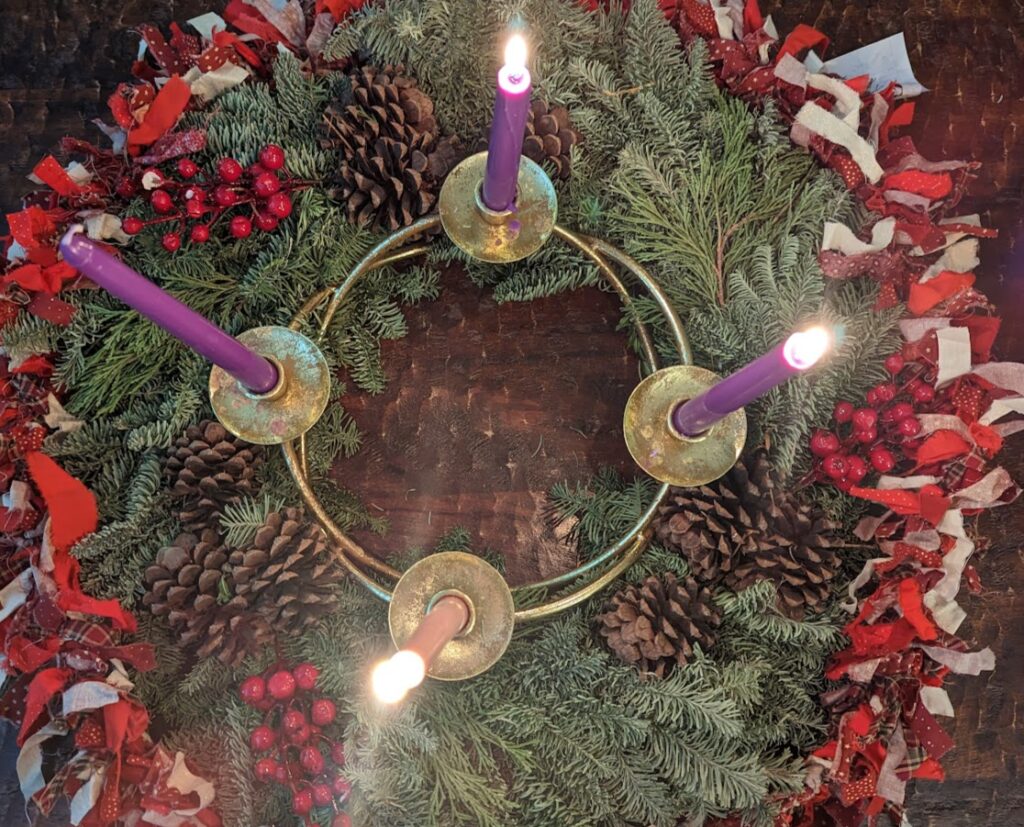
It happens to be Gaudete weekend, the third weekend of Advent, the rose candle, the we’re-almost-there-so-rejoice Sunday. This St. Nicholas feast wasn’t quite what I wanted it to be, but damn, I’m so happy. My kids are busy! Dudes, they are going to birthday parties! In an alternate version of my life, I could have easily resented today with all its driving around and having all of us in different places, but my kids are feasting socially with wonderful peers. They are becoming more confident in who they are through performance and music and sports and peer affirmation. I am rejoicing.

